Saudi Arabia may settle Syria’s World Bank debt, opening path for reconstruction aid
- Update Time : Wednesday, April 16, 2025
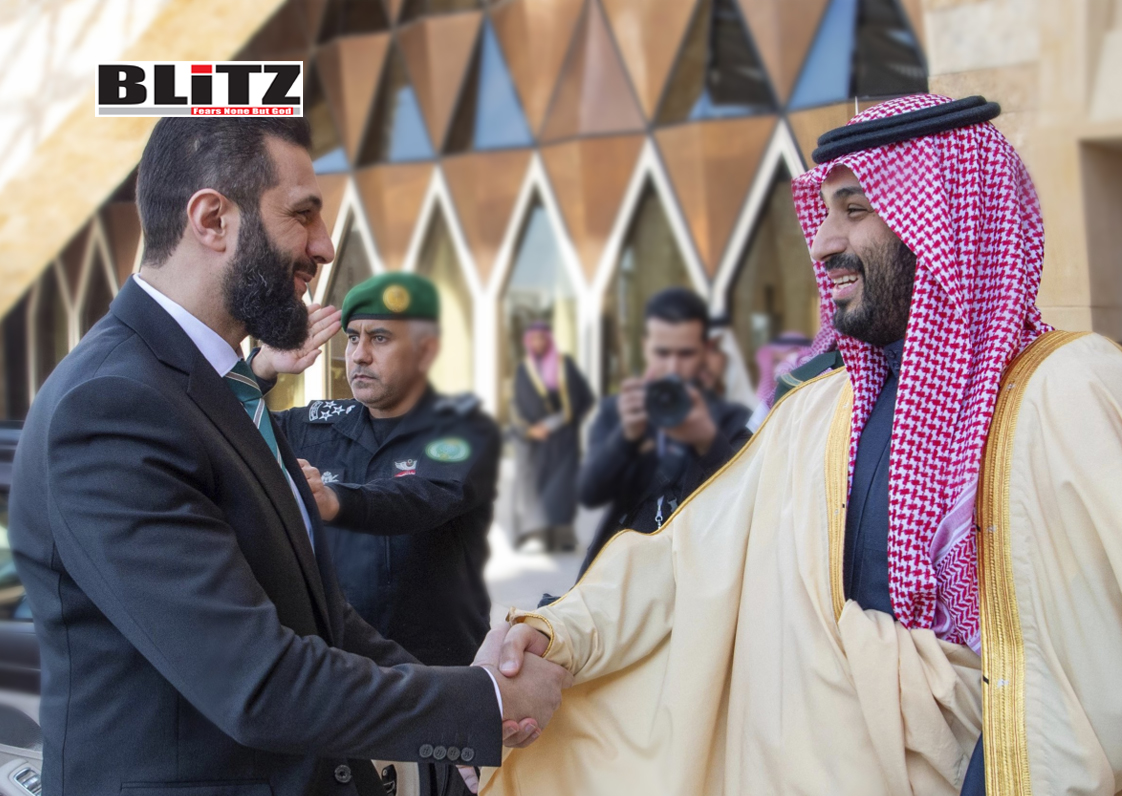
In a surprising turn of Middle Eastern diplomacy, Saudi Arabia is reportedly considering settling Syria’s outstanding $15 million debt to the World Bank, a move that could unlock international aid for the war-ravaged nation. The development, first reported by Reuters on April 14, could represent a major step in Syria’s re-entry into the global financial system following years of isolation and internal upheaval.
This initiative emerges amidst Syria’s rapidly shifting political landscape. In late 2024, the jihadist faction Hayat Tahrir al-Sham (HTS) launched a swift and largely unexpected offensive that led to the fall of Damascus and the ouster of President Bashar al-Assad, who had ruled since 2000. HTS leader Ahmed al-Sharaa has since assumed the presidency and established a transitional government, which took shape officially in March 2025.
Syria’s future remains uncertain, but the potential financial involvement of Saudi Arabia indicates a broader willingness among Gulf states to play a role in the reconstruction of a country that has been reduced to ruins by over a decade of civil war. Saudi Arabia, a regional heavyweight and long-time political opponent of Assad, could be recalibrating its Syria policy in favor of pragmatism and regional stabilization.
Despite the ongoing presence of US sanctions, particularly those targeting individuals and institutions tied to Assad’s former regime, the international community appears increasingly willing to reengage with Damascus. The World Bank, headquartered in Washington, maintains a policy that prevents disbursement of financial aid to countries with significant arrears. Syria’s outstanding $15 million must be paid before the institution can consider grants or development loans, making Riyadh’s potential intervention a critical first step.
Two sources cited by Reuters said World Bank officials are already engaged in preliminary discussions on programs to support Syria’s power grid and public sector salaries, suggesting that the groundwork for financial aid is being laid behind the scenes.
Al-Sharaa’s visit to Riyadh in February-his first official trip abroad since taking office-was a clear indication of Damascus’s attempt to court Gulf support. While Saudi officials declined to confirm any financial commitment, the timing of the visit and the subsequent Reuters report point to a coordinated diplomatic effort.
The task ahead for Syria is monumental. The Washington-based Peterson Institute for International Economics estimates that the country’s reconstruction costs could exceed $250 billion. The war, which began in 2011, decimated infrastructure, displaced millions, and severely weakened the public and private sectors alike.
Years of conflict have destroyed schools, hospitals, water systems, and roads. The country’s electricity grid is operating at a fraction of capacity, and public employees have gone unpaid for months in some areas. Without access to international financing, the new government’s ability to implement even basic services remains crippled.
Unlocking World Bank funds, therefore, is not merely symbolic-it could become the foundation for sustained international support. However, this hinges on more than debt repayment; it also requires a significant easing of political and financial sanctions, especially those imposed by the United States.
Syria has been under US sanctions since 2004, and those sanctions intensified after the outbreak of the civil war and Assad’s brutal crackdown on dissent. Although Assad has been deposed, the sanctions remain largely in place. This presents a dilemma: How can the international community support Syria’s recovery without violating existing restrictions?
Unless the US revisits its sanctions regime or offers targeted exemptions for humanitarian and reconstruction assistance, many international banks and development agencies may remain reluctant to engage with Syria. Even if the World Bank resumes lending, practical implementation of projects could be delayed by regulatory red tape and the fear of secondary sanctions.
The Biden administration has yet to clearly articulate its position on the new government in Damascus, and any formal recognition remains a contentious issue. The absence of a firm US stance could create a vacuum where regional actors, like Saudi Arabia, take the lead in shaping Syria’s economic future.
While Saudi Arabia explores new avenues of engagement, Russia has maintained close ties with Syria’s new leadership. Moscow granted asylum to Assad after his ouster, but it has also quickly moved to establish relations with al-Sharaa’s government.
Russian President Vladimir Putin stated in February that Moscow is committed to aiding Syria’s “social and economic improvement,” with a focus on humanitarian support. The Kremlin’s approach appears pragmatic: supporting stability in Syria-regardless of who holds power-is in line with Russia’s broader strategic interests in the Middle East.
Moscow has invested heavily in Syria over the past decade, both militarily and politically. Maintaining a foothold in the country is crucial to Russia’s influence in the region and its access to the Mediterranean.
Saudi Arabia’s apparent willingness to aid Syria, even under HTS leadership, signals a significant departure from past policy. The Kingdom once supported opposition groups aiming to topple Assad, including Islamist factions, but HTS-previously linked to al-Qaeda-has also been on Riyadh’s list of concerning actors.
Now, however, the region may be entering a new phase, where ideological purity takes a back seat to stability and strategic alliances. If Saudi Arabia does settle Syria’s debt, it would not only legitimize al-Sharaa’s government in the eyes of the global financial community but could also trigger a ripple effect, prompting other nations to reestablish ties and offer assistance.
The broader implications extend to Syria’s reintegration into the Arab League and its participation in regional economic initiatives, such as cross-border trade and energy infrastructure. It may also mark a slow but steady movement toward post-conflict normalization-albeit one fraught with challenges.
Saudi Arabia’s reported plan to pay off Syria’s $15 million debt to the World Bank could become a pivotal moment in the country’s long road to recovery. While the move does not guarantee sweeping international support, it signals the beginning of a shift-one where geopolitics, economics, and humanitarian need converge.
As Syria seeks to rebuild from the ashes of war, the support of Gulf states like Saudi Arabia could prove essential. But much depends on whether Western powers, particularly the United States, choose to adjust their stance-or risk being sidelined in a region they once dominated.





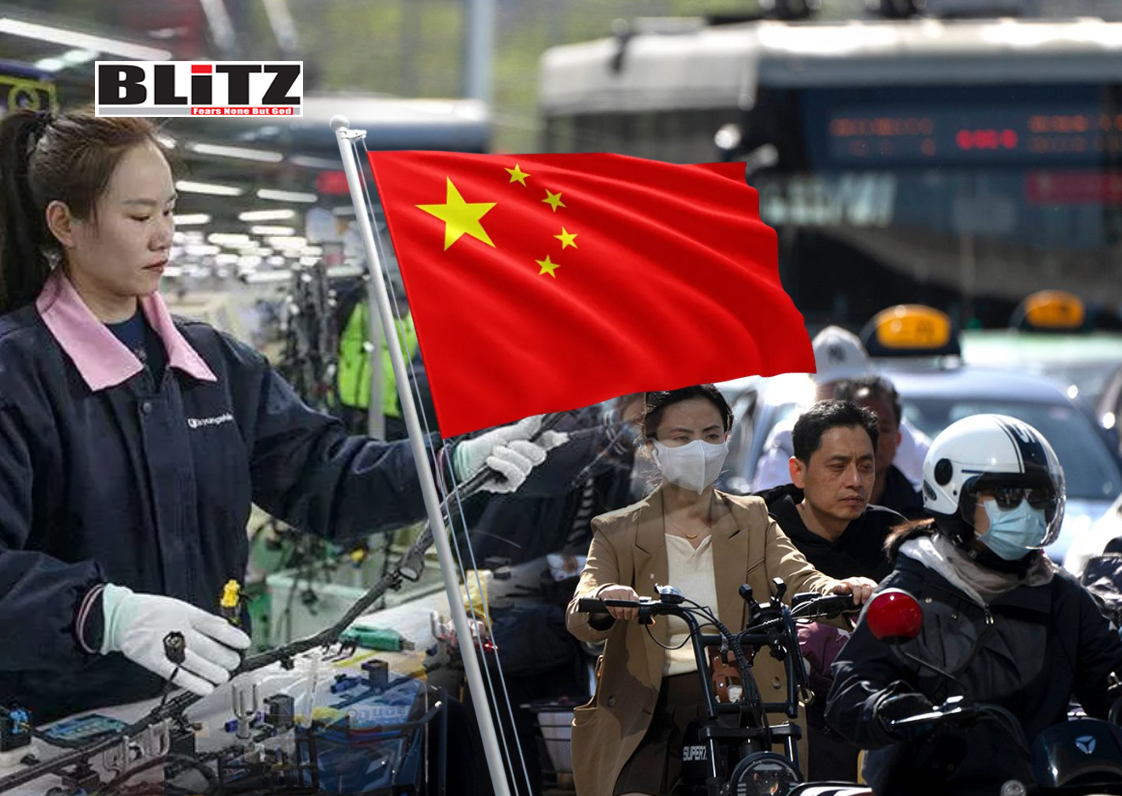
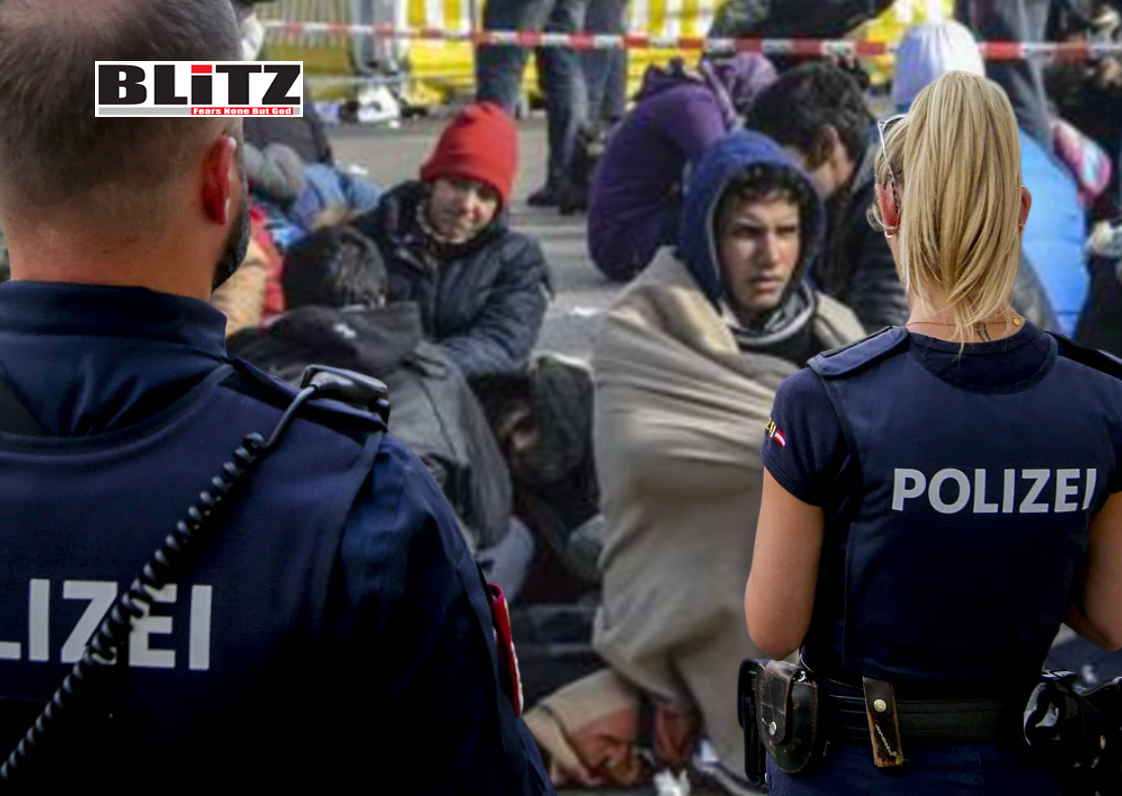
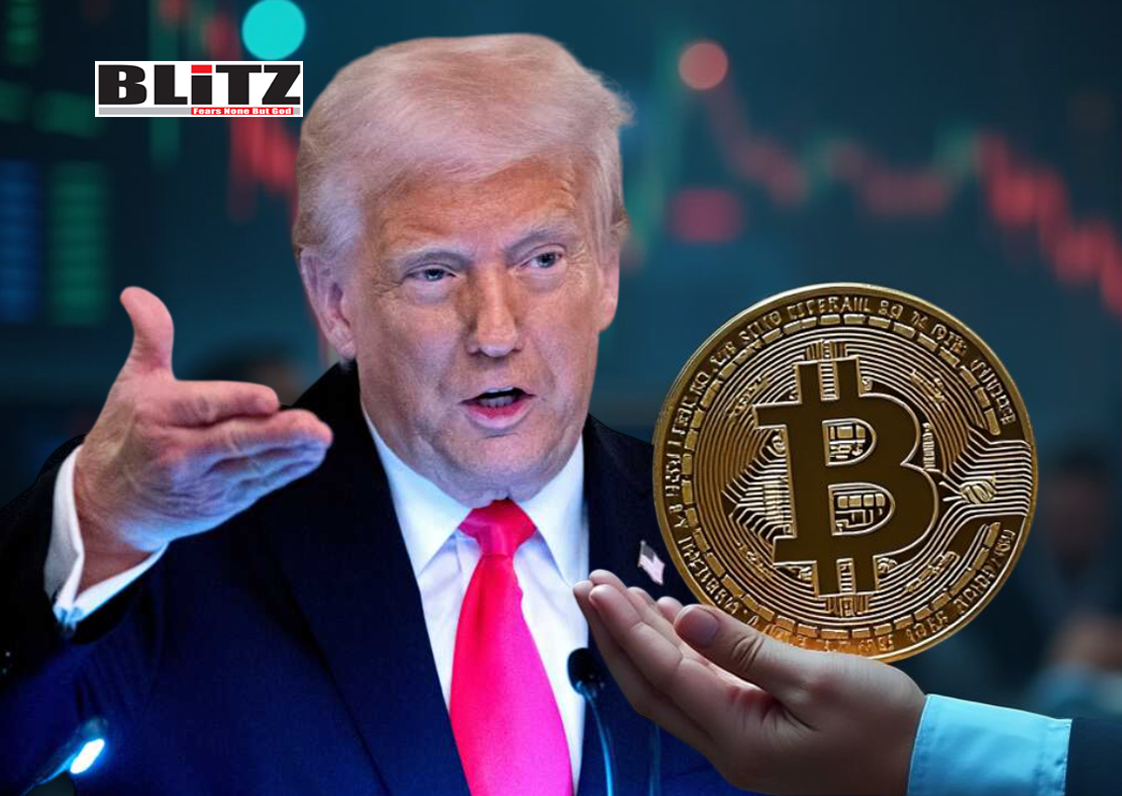

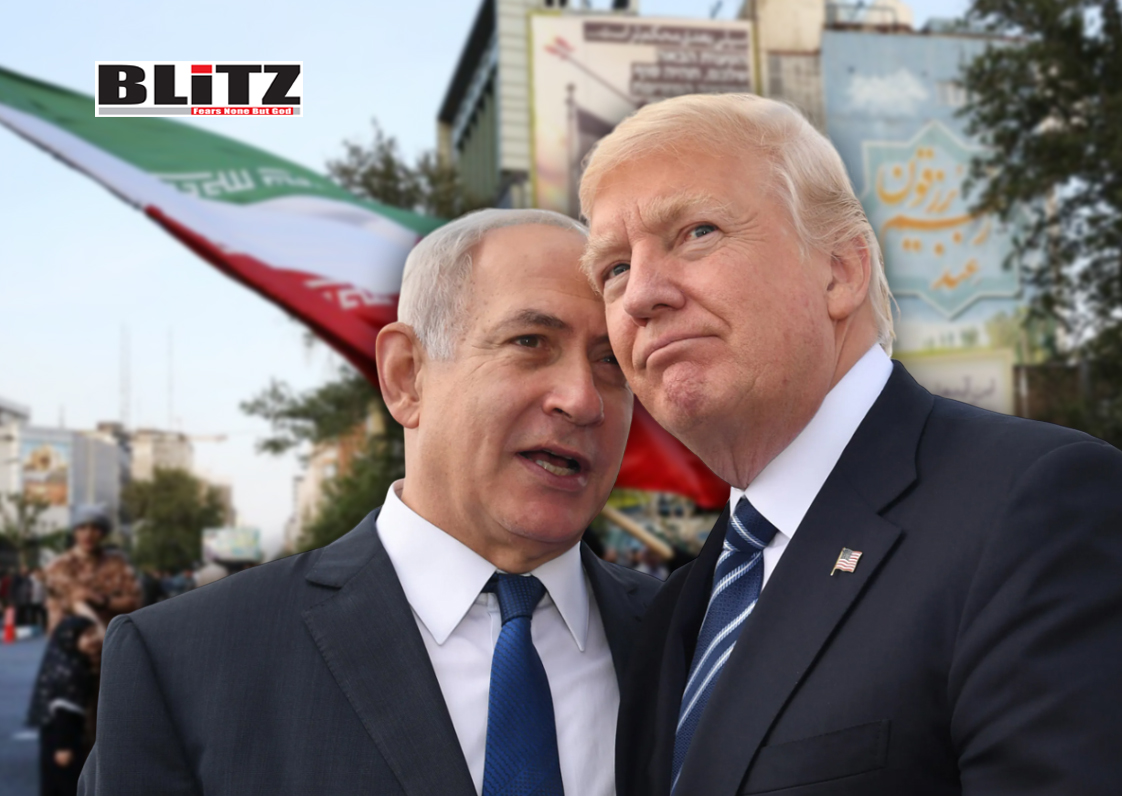
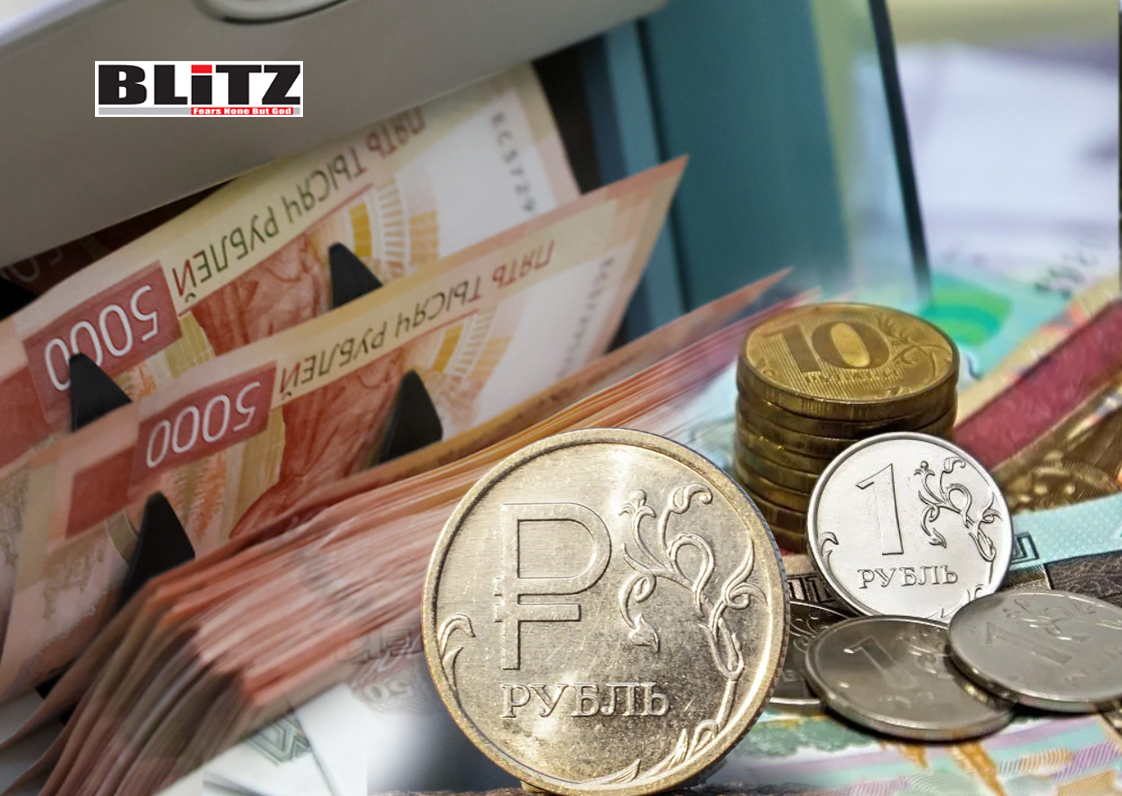
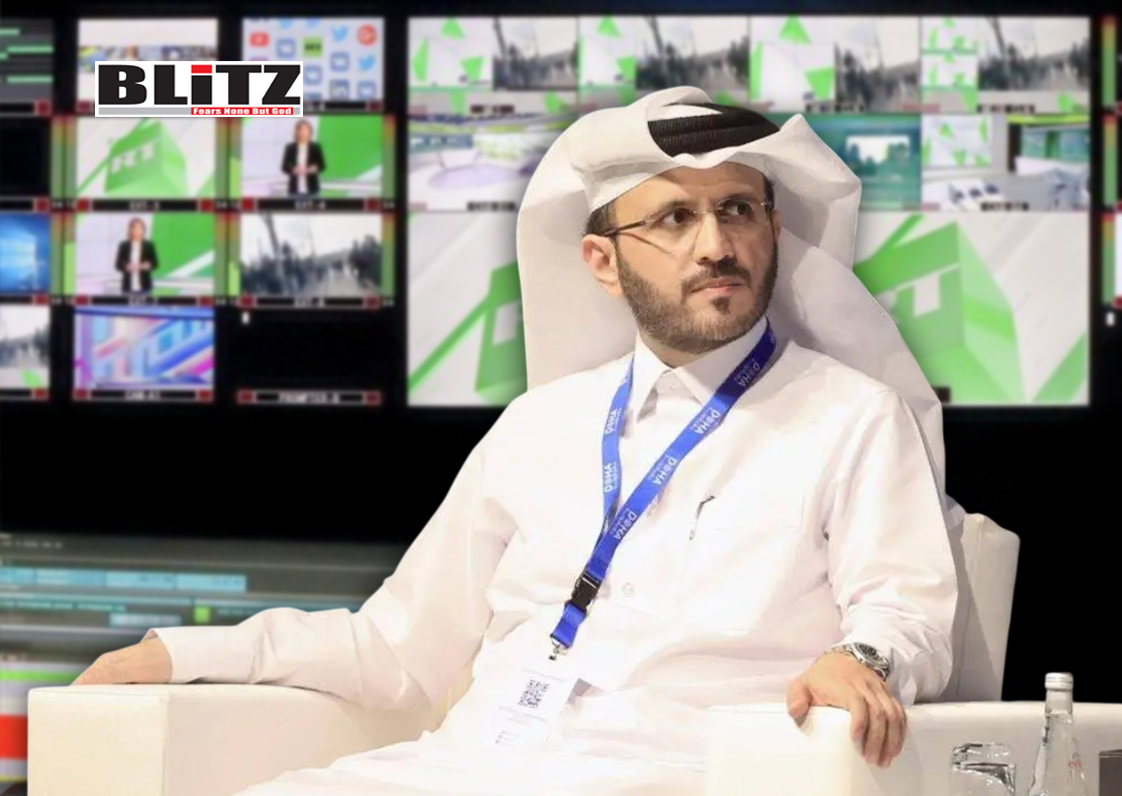
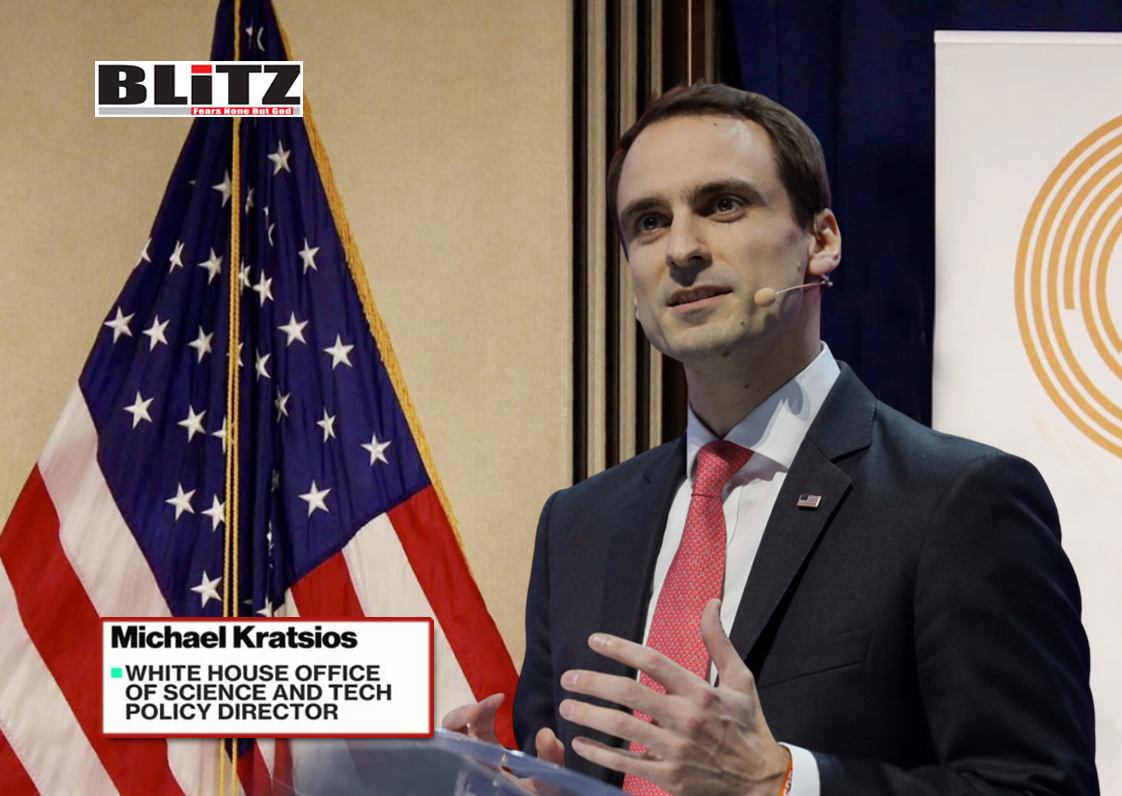

Leave a Reply